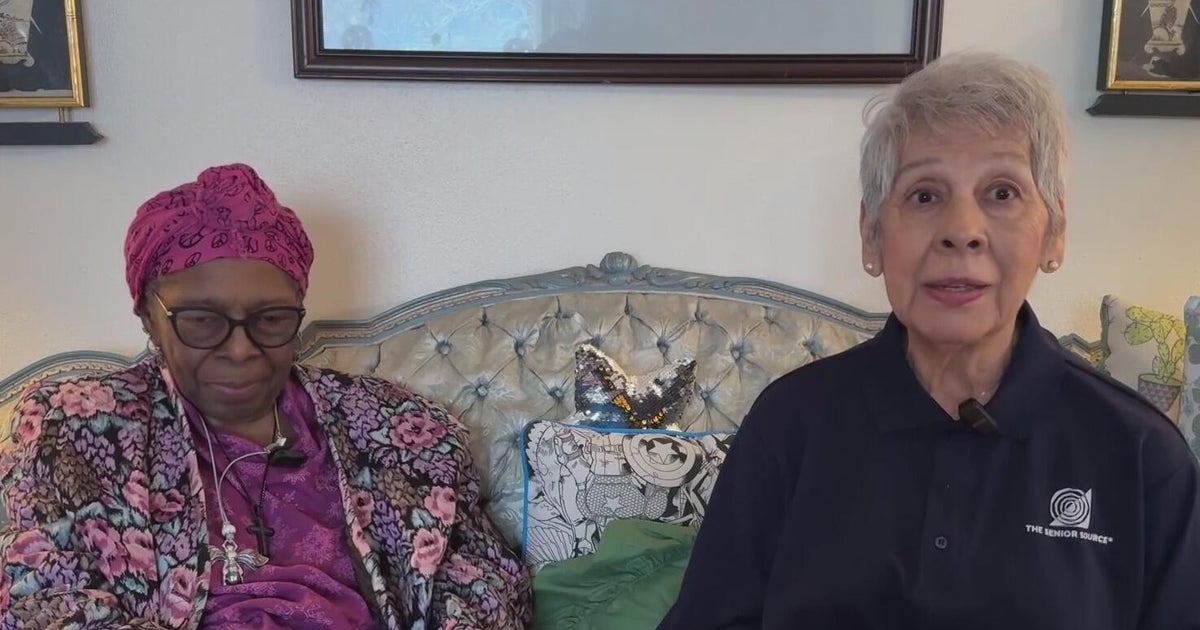Should seniors refinance their mortgage?
Millions of homeowners refinanced their mortgages during the height of the pandemic in 2020, taking advantage of record-low rates and favorable terms to save significant sums of money. With rates hovering around 3% or lower, it was a historic time for borrowers to refinance.
Since then, rates have edged up for both fixed 30-year and 20-year rate terms with the future of additional rate hikes uncertain. With that being said, rates are still relatively low compared to what they were in decades past. And for many borrowers, mortgage refinancing can still be worthwhile.
But what about seniors? Is mortgage refinancing worth it for older adults, many of whom may be on a tight budget? As with most financial considerations, the answer to this question is generally tied to one's personal circumstances and goals. There are some reliable ways to determine if it's right for you.
Start by answering a few simple questions to see what rate you're eligible for.
Should seniors refinance their mortgage?
A mortgage refinancing, when done correctly, can be a boost to your personal finances. Here are three scenarios when it may be worth it for seniors to refinance.
When they can lower their interest rate
Mortgage refinancing is generally considered worthwhile if you can secure a rate a full percentage point lower than what you currently have. However, for some borrowers, even half a point may be valuable. Compare your current rate to what's available from your lender and other lenders on the market and see if it makes sense to act.
Just remember that mortgage refinancing also comes with its own closing costs. So make sure you're planning on staying in your home long enough to recuperate those expenses.
Click here to see what refi rate you're eligible for or use the calculator below to crunch the numbers.
When they can pay off their mortgage early
A mortgage refinance can save you money each month by lowering your interest rate. But it can also save you money long term by allowing you to pay off your mortgage in a shorter period than you initially agreed to. While this may not save you money on a monthly basis (in fact, it will likely increase your mortgage payments), it will save you substantial sums over the years. That's because you won't be paying the interest on those additional years.
Another benefit: Once the mortgage is paid off you will have freed up cash to spend elsewhere as needed.
So, for homeowners who want to save on long-term interest - and who want to put more of their own money back in their pocket as soon as possible - then a mortgage refinance loan may be worth acting on.
When they can need extra cash
For older homeowners, a cash-out refinance could provide significant sums of cash. It's easy to do, too. Simply take out a new loan for an amount larger than what you currently owe (the amount you apply for is up to your discretion). From there you would pay off the old loan balance with the new loan and pocket the difference for yourself as cash.
A reverse mortgage (which is only available to adults older than 62) may also be a way to access home equity without having to complete a traditional refinance.
While these two options don't come with the same advantages as traditional mortgage refinancing, they're still valuable alternatives to pursue, particularly if your cash flow has suffered during recent times of inflation.
See what your cash-out refinance options are here now or start exploring a reverse mortgage.
The bottom line
Mortgage refinancing is not as favorable as it was in the recent past. But that doesn't mean it's still not worthwhile. For seniors in particular, many of whom may be on a restricted budget, it can still make sense if they can lower their interest rate or expedite their loan payoff. Cash-out refinancing and reverse mortgages, meanwhile, can serve as valuable cash alternatives.




